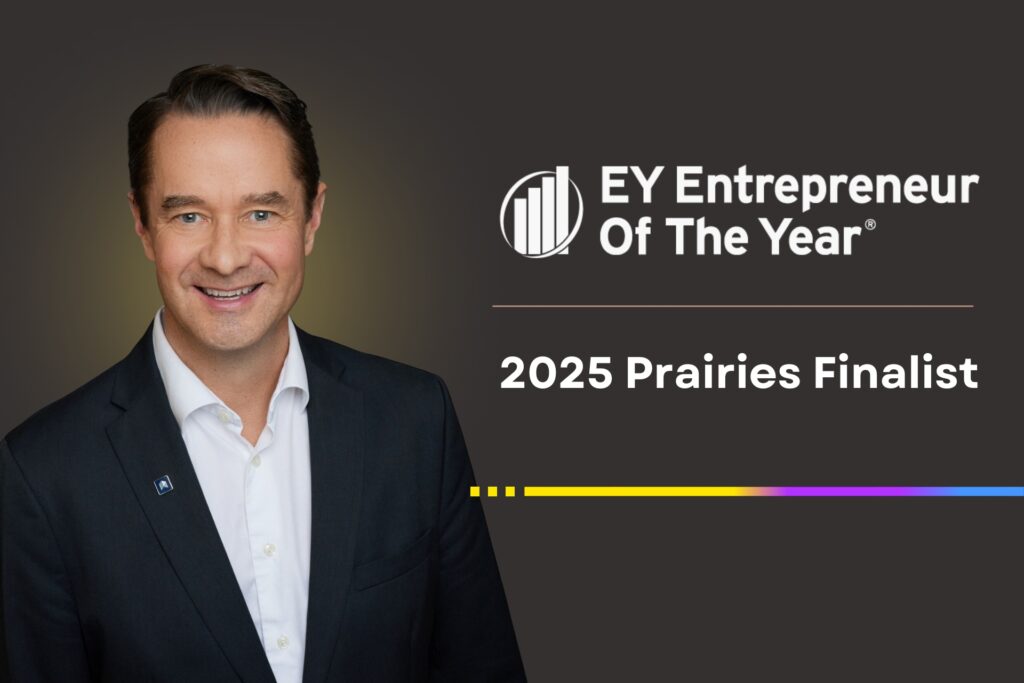3 Common Hiring Myths That Prevent Job Seekers from Accepting an Offer
June 15, 2021
Share This Article
“I need to cancel my interview” is not a statement that any recruiter likes to hear.
While it happens to all recruiters from time to time, I was shocked to see my inbox full of similar sentiments on Monday, May 10, the day after the Manitoba government announced that K-12 students would be switching to remote learning. Parents were understandably panicked and left scrambling for childcare. It pained me to see so many people (primarily women) sacrificing their respective job searches again due to the pandemic. I even had one candidate contact me to say that perhaps it was not the best time to switch roles – who was supposed to start a new job the next day.
While I understand that every situation is unique, I noticed a few common threads in my conversations that day. Fears around flexibility, virtual training, and pre-booked time off stood out as three barriers to job seekers moving forward with a job search. In light of these challenges, I wanted to dispel three common myths that I witness in my role as a recruiter regularly.
Myth 1: A new employer will not offer comparable flexibility to an existing employer
This myth points to the misconception that one earns flexibility over time. The pandemic has forced all organizations to review their current policies around working from home and standard office hours. Hiring managers have repeatedly assured me that they can be flexible so long as the work is completed.
For some, this means spending more time with children during the day and completing work in the evening. Other employers do require daytime hours but can shift start or end times as needed. Good leaders err on the side of trust, and open communication between both parties will ensure that the new hire is starting on the right foot.
Myth 2: Training will be impossible in a virtual setting
Pre-pandemic, this may have been a true statement, but I have been very impressed with the level of training provided by most organizations over the last 15 months. From arranging one-on-ones with all team members to using screen sharing to simulate ‘over the shoulder’ instruction, HR professionals have worked overtime to ensure a seamless hiring experience.
Many new hires worry about kids or pets interrupting the training process. Still, an unexpected meeting attendee often leads to getting to know a new employee on a more personal level. I would recommend asking good questions during the interview process about what specific training protocols are in place and how the organization has adjusted to a virtual environment.
Myth 3: Requiring time off in the first three months will not be possible in a new role
Most companies offer a policy of vacation accrual by which paid days off are accumulated monthly. Summer can be a particularly challenging time for parents with limited daycare options. And who doesn’t want to take vacation time in July and August? I would recommend outlining any upcoming vacation plans or childcare issues during a second interview.
I recall meeting a candidate in pre-pandemic times who was reluctant to move forward with an opportunity due to an upcoming month-long sabbatical in Europe. I encouraged her to discuss her trip with her highly supportive hiring manager. The company made her an offer and agreed to postpone her start date until her return. This was a win-win as the company still hired their number one candidate, and the candidate did not have to cancel a trip of a lifetime. Companies can be creative around pre-planned time off if candidates are upfront about it before an offer is signed.
In general, most companies like to treat new employees the same as tenured staff. This includes being supportive during significant life events and understanding the day-to-day hiccups. Life happens, and companies are not interested in losing top talent over scheduling issues. The key is to ask good questions during the interview process and be open with a potential employer about obstacles. If the answers to those questions do not align, then perhaps the timing truly isn’t right. But you won’t know unless you attend that interview.
As for the candidate who wanted to back out of her offer, I encouraged her to have an open conversation with her new manager about her situation. The manager was very understanding and created a plan for her that included a blend of in-office and remote work options. While it certainly has not been easy, she is thrilled that she followed through with her decision to accept the job.
And I’m thrilled that I can get back to putting out other fires in my inbox.
Photo by Andrea Piacquadio from Pexels




